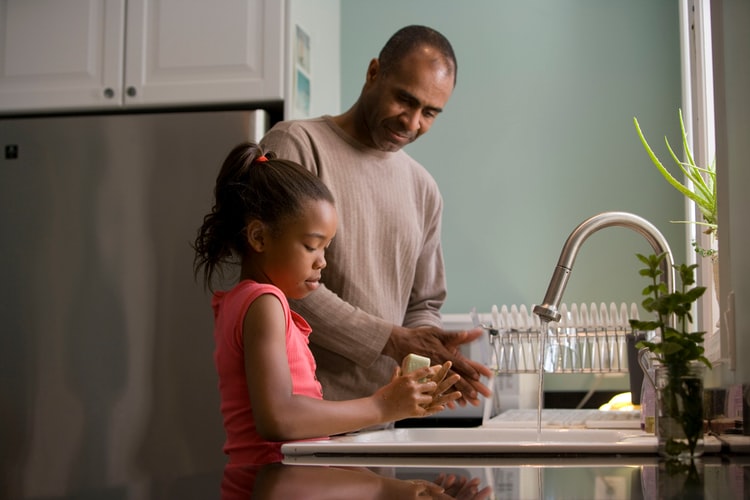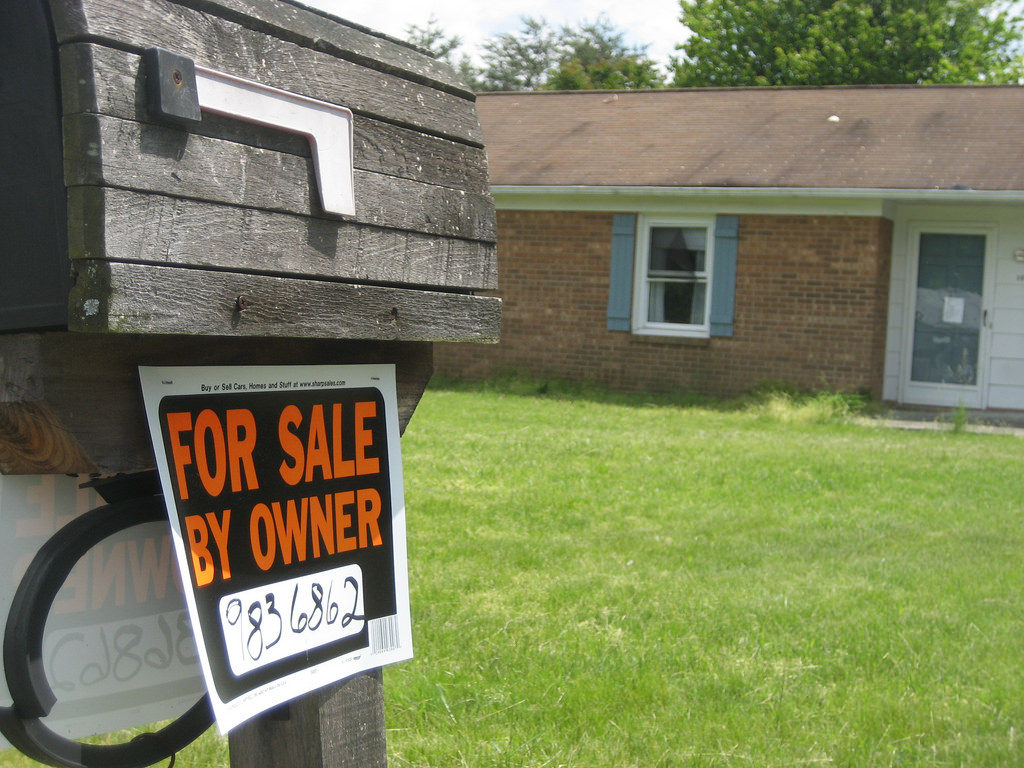Online therapy app Talkspace explains that some parents might be experiencing a difficult time talking to their kids about racism and the ongoing protests while other parents find it easier because it comes naturally to them since it’s a life experience they live through almost every day. The race is the difference between the parent who find it easier and the ones who struggle to talk about the BLM protest and race to their kids. Race is just another normal conversation for white parents while for black parents it’s an everyday experience that can bring up fear, anxiety, and even some traumatizing experiences as they explain systemic racism and societal racism to their kids.
Regardless of age, children are aware of the rising tensions in the country due to passing conversations, media attention, and overhearing adults while they watch the news. Even the youngest kids may hear or see about televised racial injustices and incidents. They might hear their friends talk about the brutality and the violence and they may begin to ask some questions or look for answers on the internet. It doesn’t matter how they become aware of what’s happening around them and in our streets and cities, an explanation that is age-appropriate is always going to be a better option than keeping quiet.
It Is Essential To Talk About Race
When we talk about racism to our children we are also teaching them about ethics, respect, justice, fairness, civics, equality, and how to love one another.
Research shows that kids from an early age can notice racial differences. This means that our kids are becoming aware of race even before they start to learn or hear about it from their relatives or parents. If you have young kids between the ages of three to six years old you can use books, story puzzles, and toys as tools to teach them about race and help them to celebrate and recognize the racial differences. For older kids between the ages of seven and twelve years old, you can use documentaries, movies, and other information you can find online. The use of electronic tools to educate kids can be more engaging and potentially more appealing. Though it does not really matter what tools you use to educate your kids about the long-standing issues of inequality and racism in our country. It is important to remind your children that they are cared for, safe, and loved. This will prevent any future attachments issues that might have the potential to affect them later in their lives.
Expose Them to A Diverse Environment
Another way we can help our kids learn about racism is to encourage them to socialize with a diverse environment with other kids of different races. If they attend schools these kids will have a better chance of learning about different life experiences, cultures, and backgrounds, becoming better-rounded. This will help them practice how to socialize with other people who don’t look like them. When we expose our children to different experiences they will see their unique attributes and celebrate them.
Keep It Truthful and Simple
Talking to kids about the protests and racism is not always easy an easy thing to do. Though if we start talking to them about these issues while they are young, it will become more comfortable over time but it will also make sure they grow up with important life values like respect, love for one another, and fairness. It is important to keep this conversation simple, explain using examples your kids can easily envision or previously experienced.
Learn more about Talkspace and the therapy services they offer.





